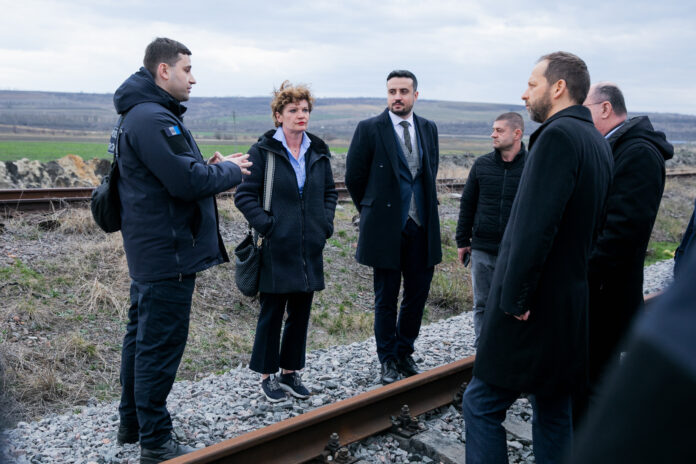The meeting took place at the railway station in Basarabeasca after the Moldovan and EU delegations visited the rehabilitated railway segment, Basarabeasca – Berezino, on the Moldovan side, and the railway control point at the railway station.
The dialogue was focused on current challenges and the identification of additional support measures to contribute to the better functioning of the EU Solidarity Lanes mechanism. As a matter of priority, the perspectives of relaunching the railway traffic at Basarbeasca-Serpniovo-Berezino and the operational challenges were discussed, as well as the investment needs at the RM-UA and RM-RO border crossing points.
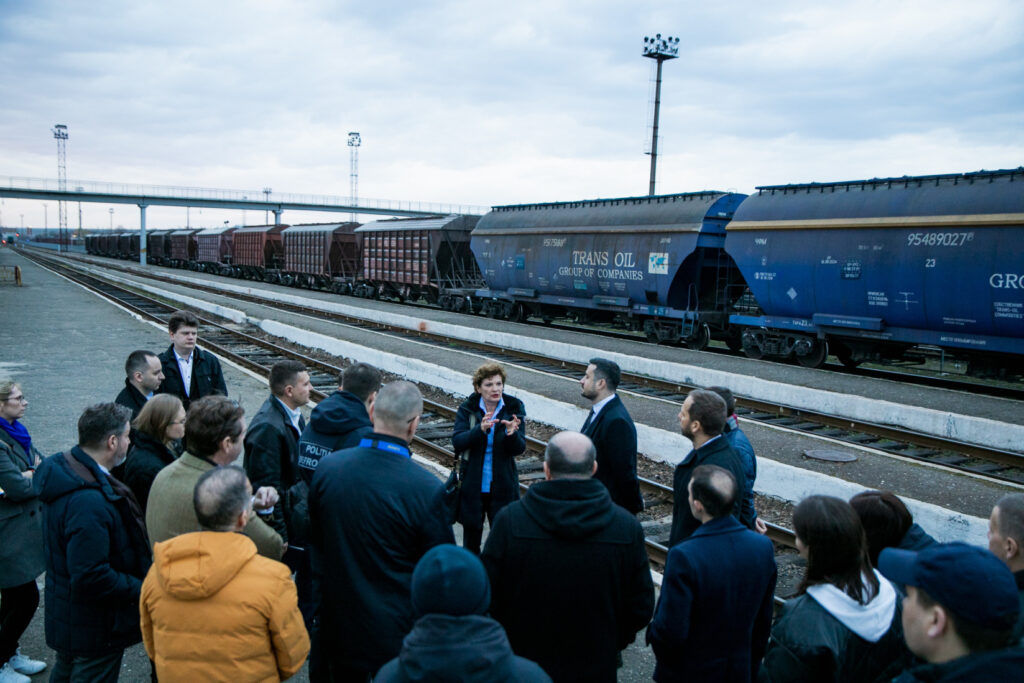
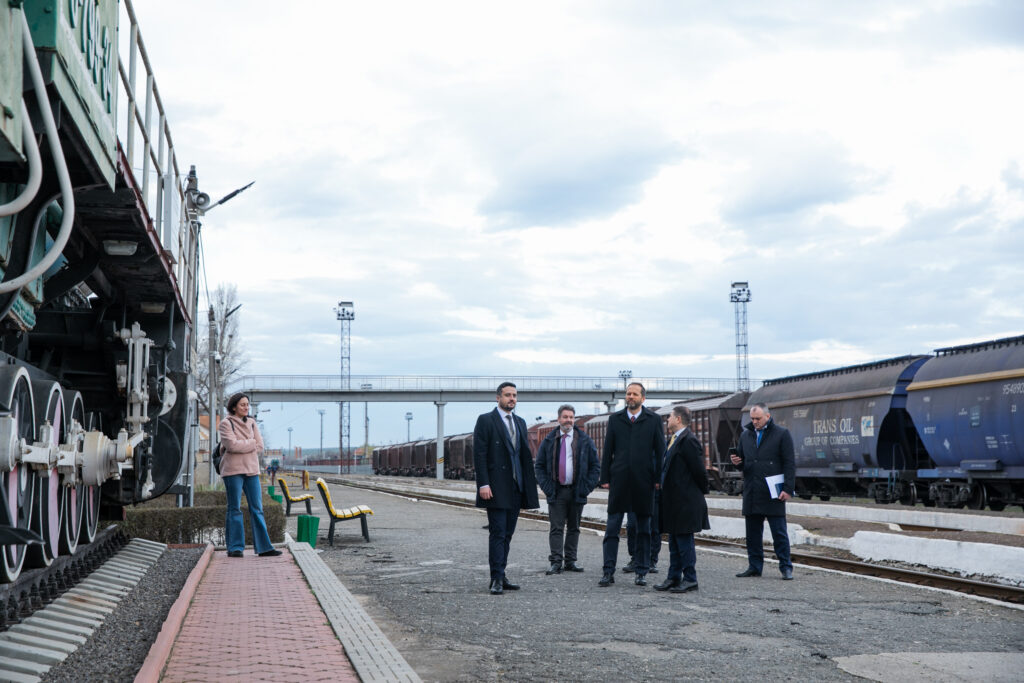
At the same time, projects in the field of railway infrastructure were discussed, with an emphasis on current and future priorities, including the development of the European gauge, but also on potential projects that could be promoted for co-financing from the European Mechanism for Connectivity “Connecting Europe Facility” ( the mechanism for the interconnection of Europe).
In this context, Mircea Păscăluță thanked for the support offered by the European Commission in obtaining observer status for our country within the Transport Community, but also for the signing of the Agreement between the Republic of Moldova and the EU on the liberalization of road transport of goods and its extension until June 30, 2024, Likewise, the Secretary of State expressed his gratitude for the financial support granted within the framework of EU Solidarity Lanes for the current repair of the Vălcineț-Ungheni-Chisinau-Căinari railway.
FOR THE MOST IMPORTANT NEWS, SUBSCRIBE TO OUR TELEGRAM CHANNEL!
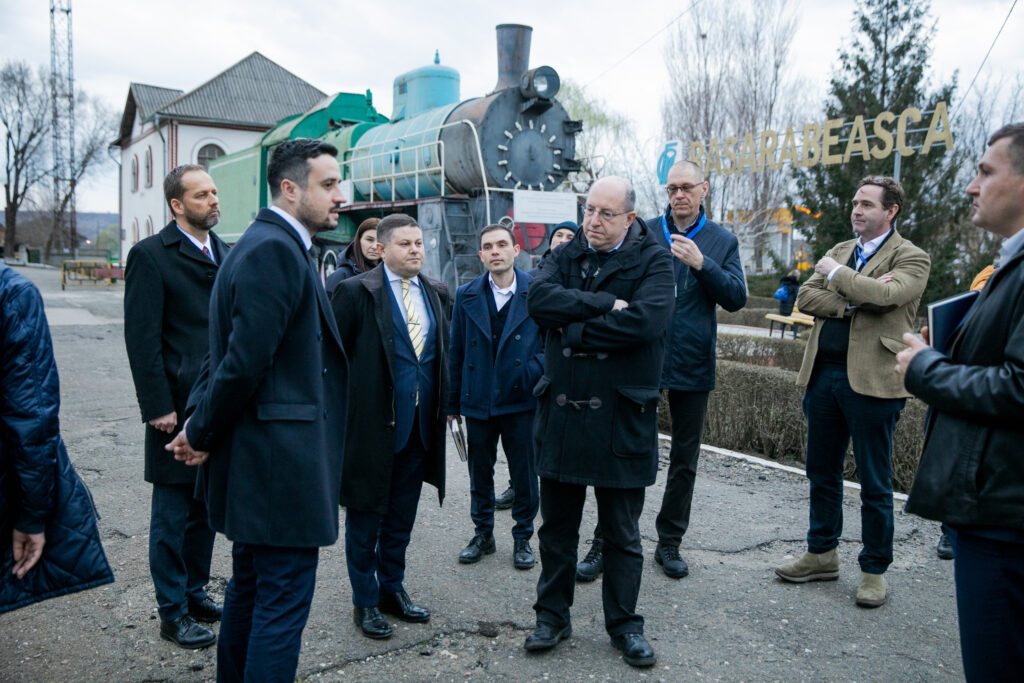
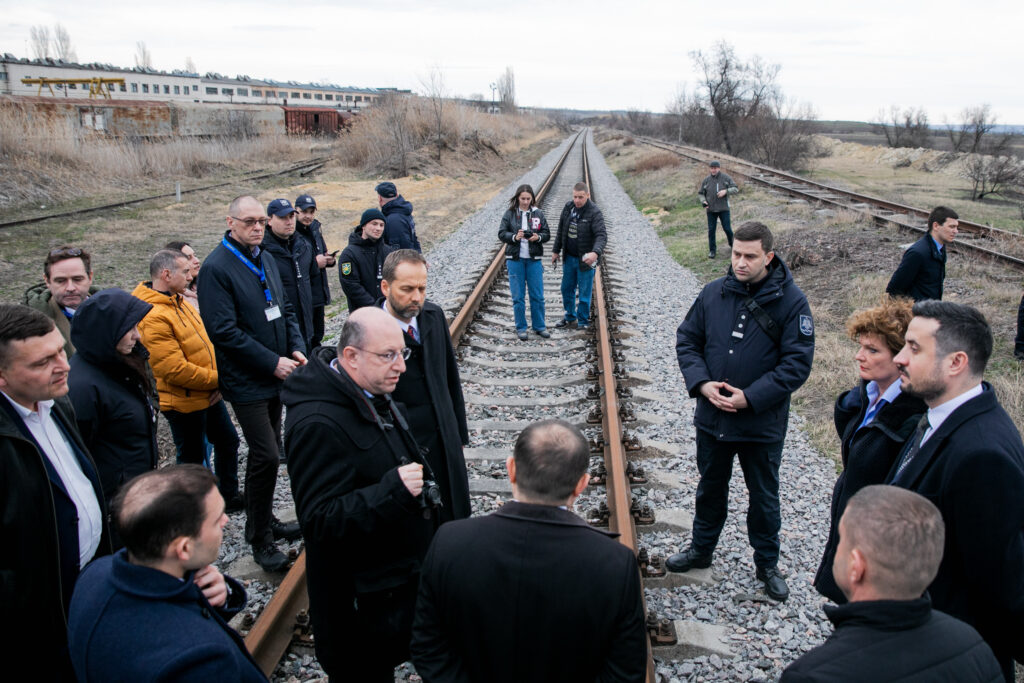
Maja Bakran stated that “in the current context, the EU-Ukraine Solidarity Colors are a priority for securing logistics chains with Ukraine and it is very important to strengthen efforts to increase transit capacities by rail, road, and sea. It is important to use the potential of transport on the Danube to the maximum.”
“Russia is deliberately destroying Ukraine’s agricultural sector, infrastructure, and transport equipment, causing crises in the global food supply chain. To face these unprecedented challenges, the EU, together with its member states, the Republic of Moldova, and Ukraine created the Colors of Solidarity. This joint initiative is a testimony of our solidarity. It also reflects our determination to act together in support of the people of Ukraine, but also the people around the world who need these agricultural products. Within the Solidarity Colors, the EU provides significant support for the modernization of Moldova’s priority transport infrastructure,” said Jānis Mazeiks, EU Ambassador to Moldova.
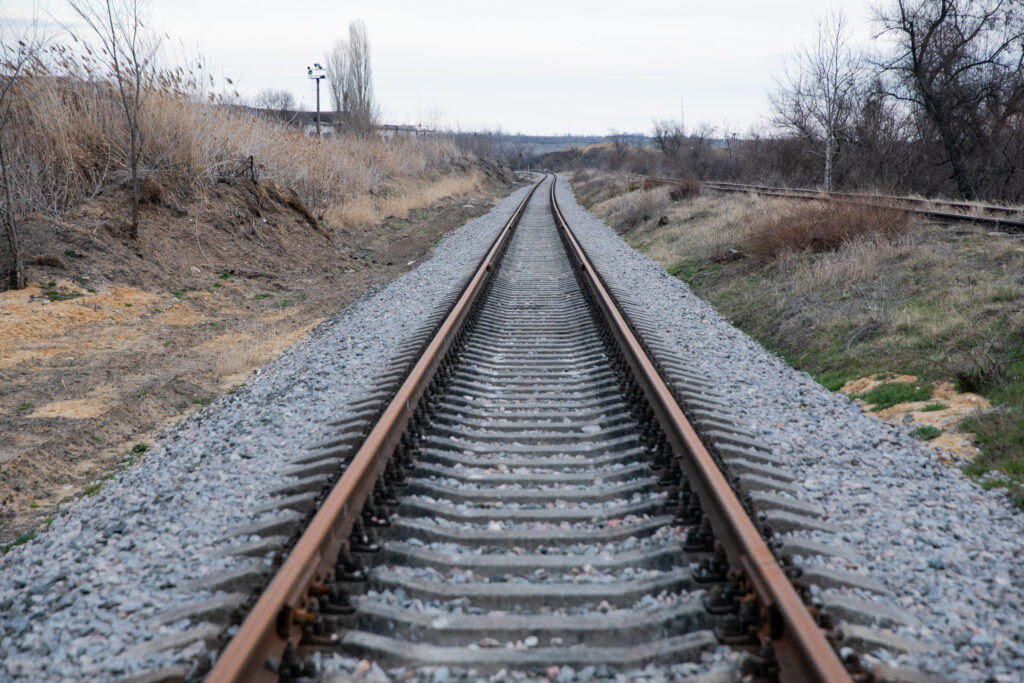
The visit of the deputy general director of DG MOVE to Basarabeasca is part of a regional tour during which the high-ranking European official had meetings in the field with authorities from Ukraine, Moldova, and Romania.


